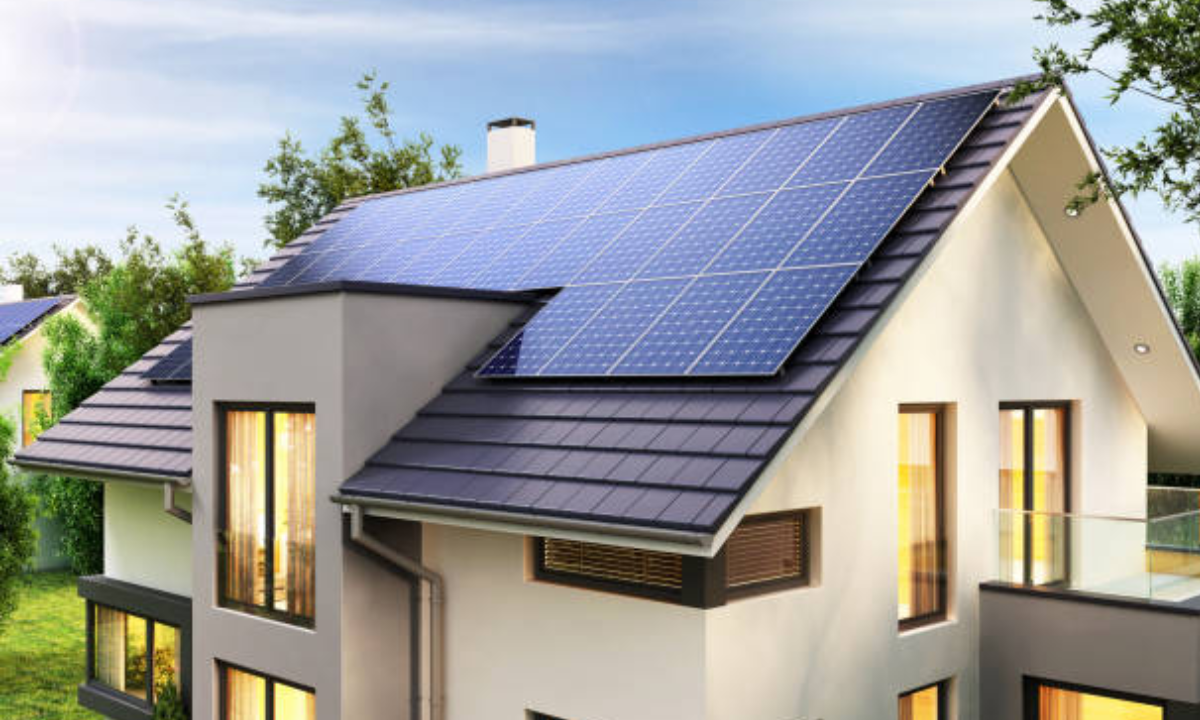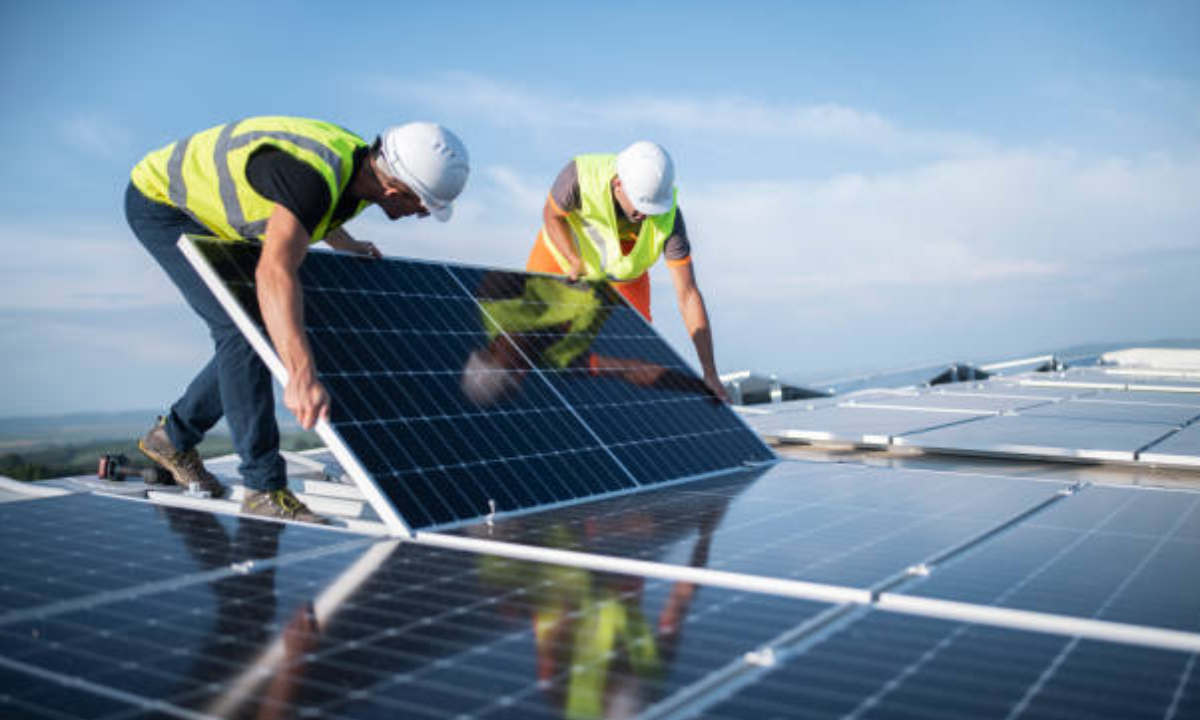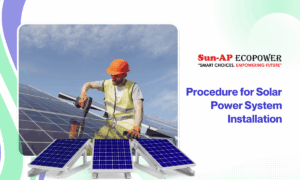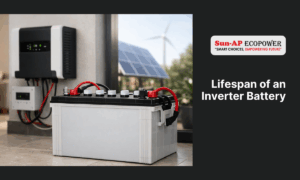Whether you’re thinking about getting solar panels for your house or business, you should understand how to choose and install them properly. Switching to solar energy provides an excellent opportunity to save money on your energy costs while also helping the environment. This lesson will guide you through each step, from choosing the right panels to ensuring a smooth installation.
In India, the growing number of solar panel distributors makes it simple to locate a diverse choice of high-quality solutions to fulfill various needs. Partnering with reliable solar panel dealers in India means that you get the best goods and experienced guidance tailored to your individual needs. This comprehensive guide will walk you through the most important variables to consider, the many types of panels available, and the installation procedure, ensuring that your transition to solar energy is seamless and successful.
Understanding Solar Panels: How They Work and the Benefits

Solar panels, sometimes called photovoltaic (PV) panels, are an efficient technique to convert sunlight into electricity. These panels work by utilizing photovoltaic cells, which are composed of semiconductors. When sunlight strikes these cells, it forms an electric field, which produces direct current (DC) electricity. An inverter converts this direct current (DC) electricity into alternating current (AC), making it compatible with most residential and commercial electrical systems.
The process of capturing solar energy begins when these panels absorb sunlight and generate power. Working with a trustworthy solar panel distributor can make a big difference when it comes to investing in solar technology. A good distributor not only sells high-quality panels but also provides valuable information and support to help you make the most of your solar energy system. Understanding how these panels function and the benefits they give can help you make better decisions about adopting solar energy into your lifestyle.
Benefits of Solar Panels
Reduced electricity costs: One of the most obvious benefits of installing solar panels is the ability to significantly reduce or eliminate your electric bill. Producing your solar electricity can drastically reduce your monthly energy bills, making solar panels an excellent financial investment.
Environmental impact: Solar panels are a cleaner alternative to conventional energy sources. Using solar electricity reduces your reliance on fossil fuels while also cutting greenhouse gas emissions. This transition benefits the environment and the fight against climate change.
Energy Independence: Installing solar panels provides a reliable and sustainable energy source, minimizing your reliance on the traditional power system. This improved energy independence provides a more steady and reliable power source, especially in locations prone to outages or fluctuations.
Increased Property Value: Solar panel installations can increase the value of your property. Homes and businesses with solar panels are generally more appealing to potential purchasers because of the long-term savings and environmental benefits they provide.
Factors to Consider When Choosing Solar Panels
Efficiency: The efficiency of solar panels refers to their ability to convert sunlight into electricity. Higher-efficiency panels are intended to generate more power from the same quantity of sunshine, Novasys Solar Panels making them perfect for scenarios with limited roof area or specific energy needs. To maximize the performance of your solar system, use high-efficiency panels.
Durability and Warranty: Choose solar panels from reliable manufacturers with warranties that often last 10 to 25 years. A good warranty not only protects your investment but also ensures that the panels will work properly over time. Durability is critical for ensuring that your solar panels can survive climatic conditions and provide consistent energy output.
Cost and financing: The cost of solar panels, including installation, is an important issue to consider. Make sure to check prices from many suppliers to get the best pricing. Consider financing options such as solar loans, leases, or government incentives, which can help make the investment more reasonable and financially viable.
Different types of solar panels are available
1. Monocrystalline solar panels: These panels are extremely efficient and durable. They are composed of a single silicon crystal structure. Despite being more expensive, they generate more energy and are an excellent option for improving performance in a small installation space. Panasonic solar panels are popular among people looking for high-quality panels.
2. Polycrystalline Solar Panels: These panels are made up of several silicon crystals and are usually less expensive than monocrystalline panels. While they have a substantially lower efficiency, they are ideal for people with a large roof surface looking to save money on their first purchase. Polycrystalline panels offer a nice mix between performance and cost.
3. Thin-Film Solar Panels: These panels, which are created by depositing photovoltaic material onto a substrate, are lightweight and flexible. They are good for unconventional installations but have a lower efficiency than crystalline panels. These panels provide a flexible solution for various mounting requirements.
4. Bifacial Solar Panels: These panels capture sunlight from both sides, increasing total energy output. They are especially effective in places with high reflectivity, but they are typically more expensive. Under the right conditions, these panels can significantly increase the efficiency of your solar energy system.
Understanding the installation process and requirements.
1. Site inspection: Prior to installing solar panels, a qualified installer inspects the entire site. They will assess your property to find the best location for the panels, taking into account factors like roof orientation, angle, shade, and structural stability. This assessment guarantees that the system is both efficient and effective.
2. Design and Permitting: Following a site evaluation, the installer will design a solar panel system that meets your energy needs and adheres to local standards. This stage comprises acquiring the appropriate approvals from local authorities to ensure compliance with construction and safety regulations.
3. Installation: The installation procedure consists of many critical processes, including mounting the panels on your roof or another suitable surface, connecting them to an inverter, and integrating the system with your home or business’s electrical grid. Installation time ranges from one to three days, depending on the system’s complexity and size.
4. Inspection and Activation: Once the panels are installed, local authorities will inspect the system to ensure that it meets all safety and legal standards. After the inspection and any necessary repairs are completed, the system is enabled and begins to generate electricity, officially starting your solar energy adventure.
Maintenance and Care of Solar Panels
1. Regular Cleaning: To keep your solar panels running efficiently, keep them clean and debris-free. In India, where dust and pollutants can accumulate, regular cleaning is necessary. To remove dirt, use a soft brush or sponge, and avoid abrasive products that may scratch the panels. This simple maintenance task guarantees that your panels continue to work well.
2. Monitoring System Performance: Many solar panel systems have monitoring tools that allow you to measure energy production and identify any problems. Regularly examining performance statistics ensures that your system is running smoothly and allows you to discover and address issues early on.
3. Professional Inspections: Have a professional undertake annual inspections to look for any issues like weak connections, damaged panels, or other system flaws. These inspections improve the system’s reliability and lifetime, ensuring that it continues to function effectively.
4. Addressing Issues: If you observe a decrease in energy production or visible damage to your panels, you should address them straight once. Contact your installer or a licensed specialist to assess and resolve the problem, preventing further damage and preserving your solar system’s peak performance.
Conclusion
Choosing and installing solar panels is a serious decision with major long-term benefits for both your home and business. You may ensure a smooth transition to solar energy by first knowing how solar panels work, then evaluating key variables during the selection process and adhering to proper installation and maintenance procedures. This investment not only saves you money on energy bills but also reduces your environmental effect, contributing to a more sustainable future.
Individuals thinking about making the change should talk with seasoned professionals. Working with reliable solar panel distributors in India allows you to receive personalized advice and solutions tailored to your requirements and region. These specialists can help you make informed decisions, supply high-quality equipment, and assist with installation and maintenance to ensure you get the most out of your solar energy system. By using their knowledge, you can confidently embark on your road to a cleaner and more cost-effective energy source.
Sun-AP Ecopower is one of the leading solar panel distributors in India, providing high-quality solar products nationwide.




